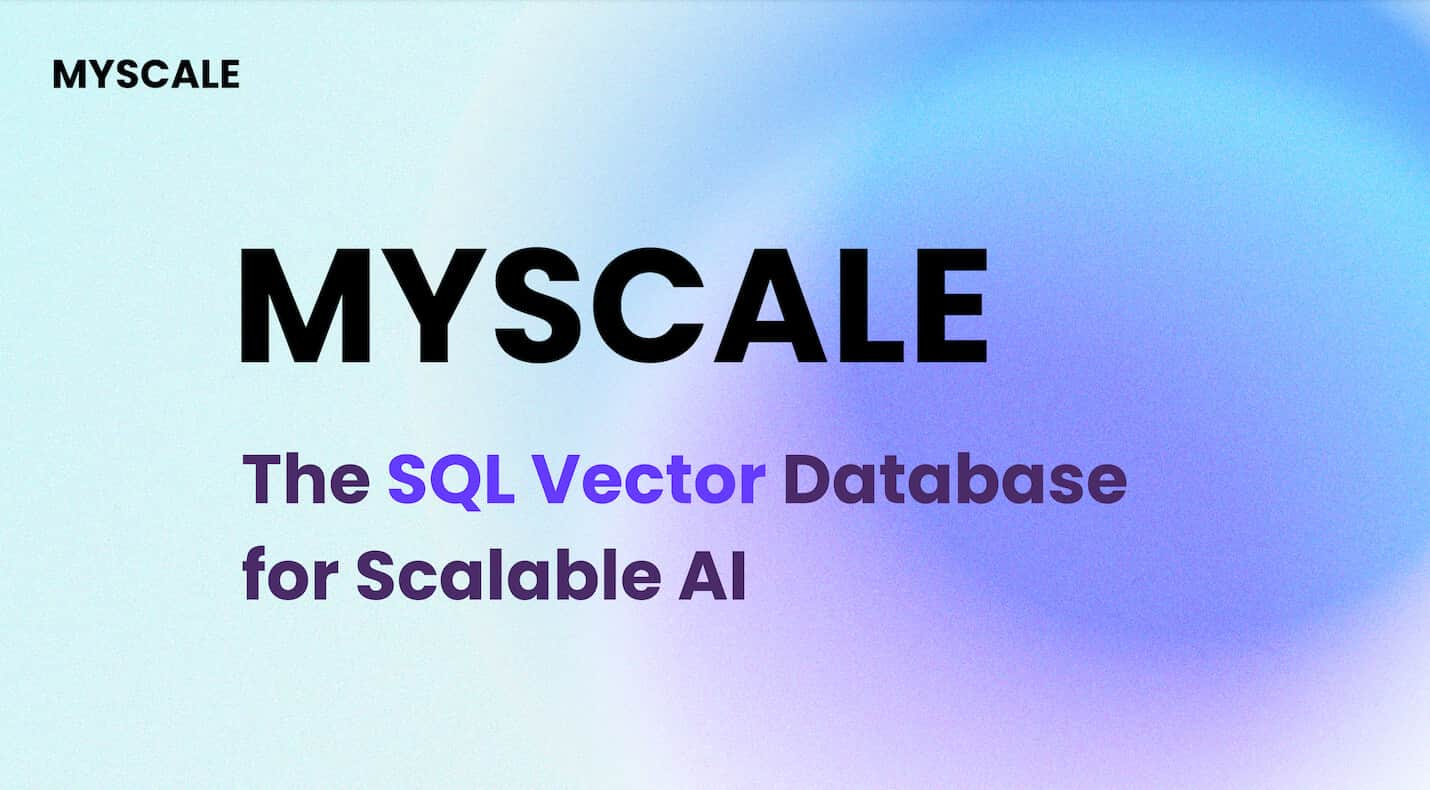
An exploration of LLM-grounded diffusion models (opens new window) sets the stage for understanding their pivotal role in decision-making processes. Recognizing the importance of ethical considerations is paramount as these models navigate complex scenarios. This introduction hints at the forthcoming discussion encompassing synthetic data, open-source models, and the critical ethical implications that shape decision-making landscapes.
# Ethical Implications
Defining Ethical Implications
Ethical Algorithm Development
Experts have suggested several principles for responsibly providing AI legal assistance.
The development and deployment of AI systems represent a significant technological advancement.
Addressing Ethical Implications
Understanding the basic principles that govern biomedical ethics and AI creates an awareness of the ethical challenges that may arise.
The high-level global focus on ethical AI in recent years has been productive and is moving society toward agreement around the idea that further AI development should focus on beneficence, nonmaleficence, autonomy, and justice.
Ethical Considerations
Ethical Decision-Making
The incorporation of ethical algorithms and decision-making processes is crucial to address ethical implications when using LLM-grounded diffusion models.
Research indicates that LLMs can exhibit biases or generate harmful content inconsistent with human values, highlighting the importance of ethical considerations.
Neglecting Ethical Considerations
Neglecting ethical considerations in decision-making processes can lead to unintended consequences and risks associated with biased outputs from LLMs.
It is essential to prioritize ethical considerations to ensure the responsible use of artificial intelligence technologies in decision-making scenarios.
Implications of Artificial Intelligence
Ethical Implications of Artificial Intelligence
The cost efficiency, accuracy of outputs, currentness, enterprise context awareness, and safety are some of the challenges associated with implementing LLMs in decision-making processes.
Addressing the ethical implications of artificial intelligence requires a comprehensive understanding of the potential risks and benefits associated with integrating these technologies into decision-making frameworks.
# Synthetic Data
Synthetic data generation plays a crucial role in overcoming limitations present in real-world data (opens new window), such as bias, incompleteness, and lack of diversity. It offers a powerful solution to protect privacy by eliminating sensitive information while aiding in the development of robust AI models. The advancement in synthetic data technology has been significant, automating the process of providing high-quality data labels. This technology enables the creation of larger and more diverse datasets compared to real-world data, ultimately enhancing AI performance.
When it comes to utilizing synthetic datasets, one must consider the importance of proper data distribution (opens new window). Ensuring that synthetic data is distributed effectively across various domains (opens new window) and scenarios is key to maximizing its benefits. Additionally, leveraging synthetic datasets for development and deep learning processes can lead to substantial improvements in model training and accuracy.
Incorporating synthetic training data generation techniques like generative adversarial networks (GANs) (opens new window) can further enhance the quality and diversity of datasets used for AI model training. By utilizing GANs, researchers can create synthetic datasets that closely mimic real-world data distributions, contributing to more reliable and effective AI systems.
# Open Source Models
Open-source LLMs are revolutionizing the accessibility of generative AI initiatives, providing a gateway to valuable customer insights. These Large Language Models (opens new window) are readily available for commercial use (opens new window) under licenses like Apache 2.0, MIT, and OpenRAIL-M, welcoming contributions from various sectors.
# Open Source LLMs
Open Source LLM Models: These models offer a transparent view into their architecture and functionality, fostering collaboration and innovation in the AI community.
Source LLM Models Enable: By leveraging open-source LLMs, developers can customize and enhance model capabilities to suit specific project requirements effectively.
# Applications
IBM (opens new window) and Open Source Large Language Models: IBM's integration of open-source large language models showcases the practical applications of these advanced AI technologies in real-world scenarios.
Significance of Ethical Implications: Understanding the ethical considerations surrounding open-source LLMs is crucial for responsible deployment and ensuring alignment with societal values.
In reflecting on the discourse surrounding ethical implications, synthetic data, and open-source models, it becomes evident that a harmonious integration of these elements is vital for responsible decision-making. Upholding transparency, privacy, accountability, and fairness are fundamental principles that guide ethical considerations in AI technologies. Moving forward, continuous research and development efforts should focus on enhancing ethical frameworks to navigate the evolving landscape of decision-making with integrity.



